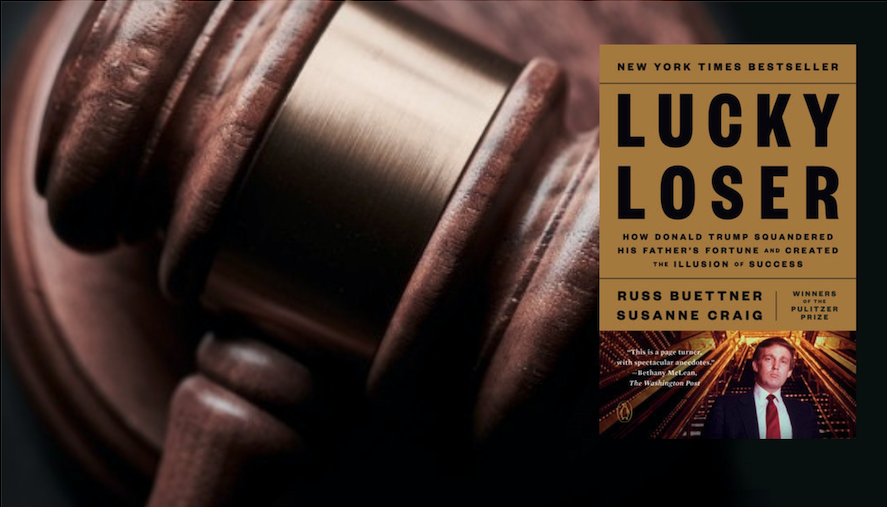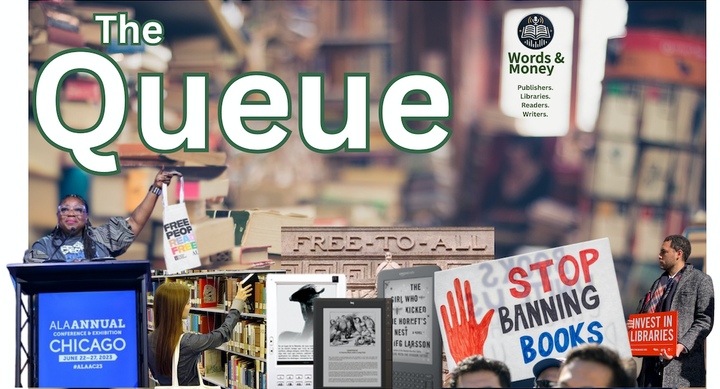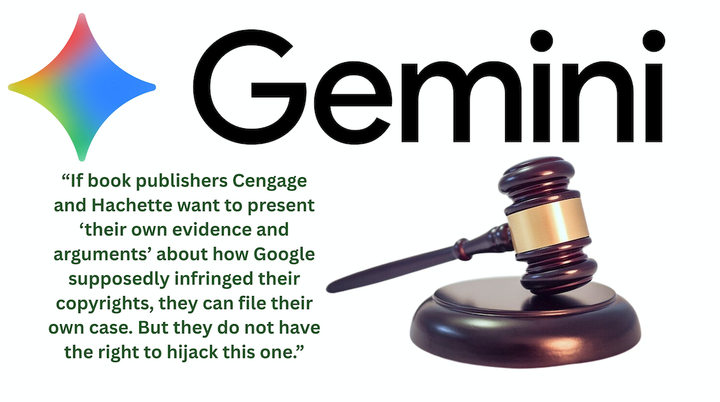In a Rebuke, Court Strikes Trump's $15 Billion Defamation Complaint
Judge Steven Merryday gave Trump lawyers 28 days to re-file the case, warning that "a complaint is not a public forum for vituperation and invective."

In a sharp rebuke, a federal judge in Florida on September 19 rejected a $15 billion defamation lawsuit filed this week by President Trump against the New York Times, several of its reporters, and publisher Penguin Random House, finding that the initial rambling, hyperbolic filing failed to properly state a case.
"As every lawyer knows (or is presumed to know), a complaint is not a public forum for vituperation and invective—not a protected platform to rage against an adversary. A complaint is not a megaphone for public relations or a podium for a passionate oration at a political rally or the functional equivalent of the Hyde Park Speakers’ Corner," wrote judge Steven Merryday, who noted that Trump lawyers used 85 pages to assert two simple counts of defamation.
The judge gave lawyers 28 days to file a new complaint, along with a 40-page limit.
The suit, filed on Monday in federal court in Florida, accuses the Times, its reporters, and Penguin Random House of publishing a series of articles and the book, Lucky Loser: How Donald Trump Squandered His Father's Fortune and Created the Illusion of Success which, Trump lawyers allege, were "carefully crafted" to "damage President Trump’s business, personal, and political reputation" ahead of the 2024 election.
"Defendants’ pre-election goal was to kill three birds with one stone: (a) damage President Trump’s hard-earned and world-renowned reputation for business success, (b) in the process, sabotage his 2024 candidacy for President of the United States, and (c) prejudice judges and juries in the unlawful cases brought against President Trump, his family, and his businesses by his political opponents for purposes of election interference," the lawsuit alleges.
Both the Times and Penguin Random House have vowed to fight the lawsuit, which will almost certainly be refiled.
“This lawsuit has no merit. It lacks any legitimate legal claims and instead is an attempt to stifle and discourage independent reporting," a Times spokesperson said, adding that the paper "will not be deterred by intimidation tactics" and will "continue to pursue the facts without fear or favor and stand up for journalists’ First Amendment right to ask questions on behalf of the American people.”
A spokeswoman for Penguin Random House also said the suit was meritless, and said the company would "uphold the values of the First Amendment that are fundamental to our role as a book publisher."
The timing is also questionable: Lucky Loser was hardly a runaway commercial success, selling just over 25,000 copies to date in hardcover according to Circana, despite earning strong reviews. But the paperback edition comes out on September 23, and the Trump lawsuit has, if nothing else, succeeded in getting the book back in the headlines.

The paperback edition of Lucky Loser is set to drop next week.
Under federal rules, a complaint must be as concise and as plain as possible, laying out the factual predicate for the action and the remedies sought.
But the initial Trump complaint was comically obsequious and rambling, which Merryday pointed out in a particularly stinging section of his five page order striking the complaint:
The pleader initially alleges an electoral victory by President Trump 'in historic fashion'—by 'trouncing' the opponent—and alludes to 'persistent election interference from the legacy media, led most notoriously by the New York Times.'
The pleader alludes to 'the halcyon days' of the newspaper but complains that the newspaper has become a 'full-throated mouthpiece of the Democrat party,' which allegedly resulted in the 'deranged endorsement' of President Trump’s principal opponent in the most recent presidential election. The reader of the complaint must labor through allegations, such as 'a new journalistic low for the hopelessly compromised and tarnished ‘Gray Lady.’
The reader must endure an allegation of 'the desperate need to defame with a partisan spear rather than report with an authentic looking glass' and an allegation that 'the false narrative about The Apprentice was just the tip of Defendants’ melting iceberg of falsehoods.' Similarly, in one of many, often repetitive, and laudatory (toward President Trump) but superfluous allegations, the pleader states The Apprentice’ represented the cultural magnitude of President Trump’s singular brilliance, which captured the [Z]eitgeist of our time.
The complaint continues with allegations in defense of President Trump’s father and the acquisition of the Trumps’ wealth; with a protracted list of the many properties owned, developed, or managed by The Trump Organization and a list of President Trump’s many books; with a long account of the history of The Apprentice; with an extensive list of President Trump’s 'media appearances'; with a detailed account of other legal actions both by and against President Trump, including an account of the 'Russia Collusion Hoax' and incidents of alleged 'lawfare' against President Trump; and with much more, persistently alleged in abundant, florid, and enervating detail.
Even if one were to assume all these claims are true, the judge explained, "a complaint remains an improper and impermissible place for the tedious and burdensome aggregation of prospective evidence for the rehearsal of tendentious arguments, or for the protracted recitation and explanation of legal authority putatively supporting the pleader’s claim for relief."



